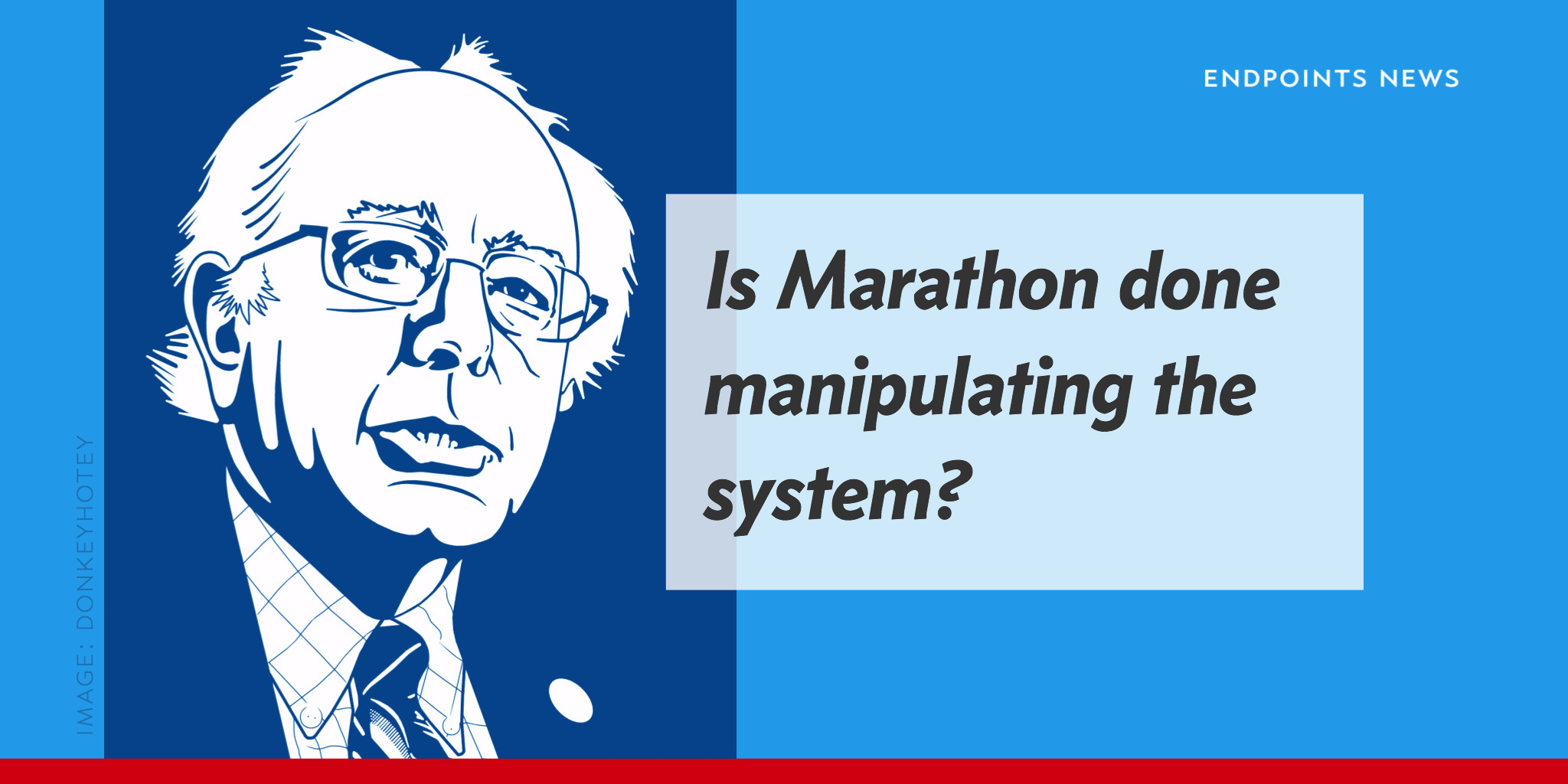
Sanders, Cummings probing FDA’s handling of Marathon after a controversial OK of old steroid for Duchenne MD
Vermont Senator Bernie Sanders and Rep. Elijah Cummings are taking direct aim at the FDA today, criticizing the agency for its red-carpet treatment of Marathon Pharmaceuticals as the biopharma company wound its way through the regulatory review process, picking up a lucrative approval to use a cheap, generic steroid as a high-priced branded therapy specifically for Duchenne muscular dystrophy after repackaging data more than 20 years old.
Unlock this article instantly by becoming a free subscriber.
You’ll get access to free articles each month, plus you can customize what newsletters get delivered to your inbox each week, including breaking news.